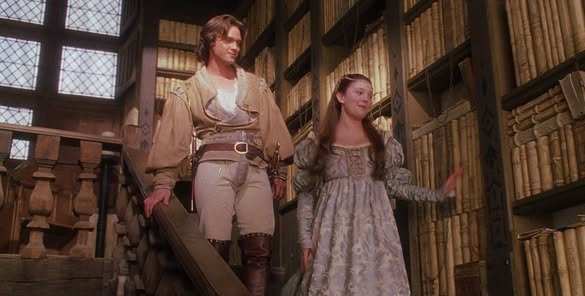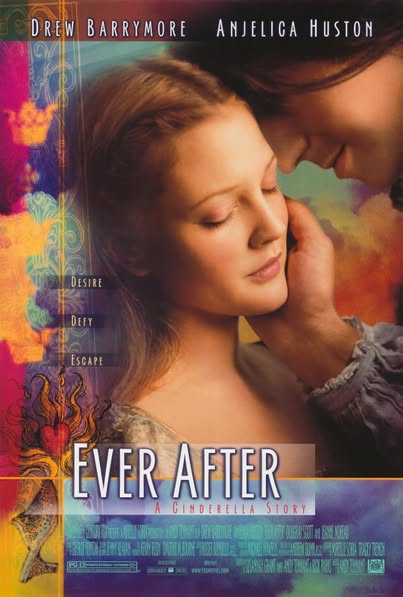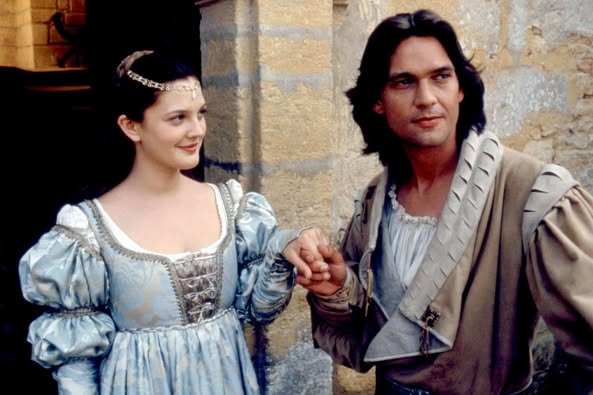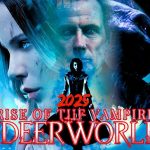Ever After: A Cinderella Story (1998)

Ever After: A Cinderella Story (1998) is a charming and innovative retelling of the classic Cinderella fairy tale, directed by Andy Tennant. Starring Drew Barrymore as Danielle de Barbarac and Dougray Scott as Prince Henry, the film offers a fresh perspective on the beloved story, blending romance, humor, and empowerment.
Set in 16th-century France, the film follows the life of Danielle, a spirited young woman who is raised by her father and later mistreated by her stepmother, Rodmilla (played by Anjelica Huston), and her stepsister, Marguerite. Unlike traditional portrayals of Cinderella, Danielle is portrayed as a strong, independent character who is not merely waiting for a prince to rescue her. Instead, she actively shapes her own destiny, reflecting themes of self-reliance and personal agency.

The film’s narrative takes a twist when Danielle encounters Prince Henry, who is searching for a bride but is disillusioned by the expectations placed upon him by his royal status. Their developing relationship is marked by genuine chemistry and mutual respect, as they both challenge societal norms and expectations. Drew Barrymore delivers a delightful performance, capturing Danielle’s wit, intelligence, and resilience, while Dougray Scott brings charm and sincerity to his role as Henry.
The film’s production design beautifully evokes the period, with lavish costumes and picturesque settings that transport viewers to a fairy-tale world. The cinematography enhances the romantic atmosphere, particularly during key moments between Danielle and Henry. The screenplay cleverly incorporates humor and modern sensibilities, making it relatable to contemporary audiences while retaining the essence of the fairy tale.

Ever After also features a notable supporting cast, including Anjelica Huston as the villainous stepmother and Melanie Lynskey as the naive stepsister. Their performances add depth to the story, highlighting the contrasts between the characters and reinforcing Danielle’s journey toward empowerment.
The film’s themes of love, courage, and the importance of being true to oneself resonate throughout the narrative. It challenges traditional fairy tale tropes, presenting a heroine who is not defined by her circumstances but rather rises above them. The ending offers a satisfying conclusion that emphasizes the value of personal integrity and the transformative power of love.

Overall, Ever After: A Cinderella Story is a delightful and empowering reinterpretation of a classic tale. With its engaging performances, stunning visuals, and a strong message about self-empowerment, the film has become a beloved favorite for audiences of all ages. It stands as a testament to the enduring appeal of fairy tales while inviting viewers to consider deeper themes of identity and agency.











